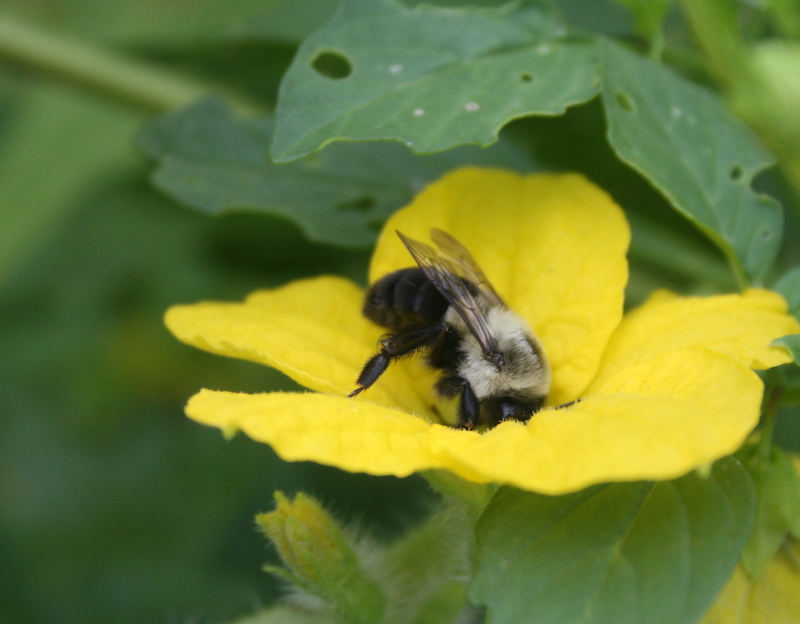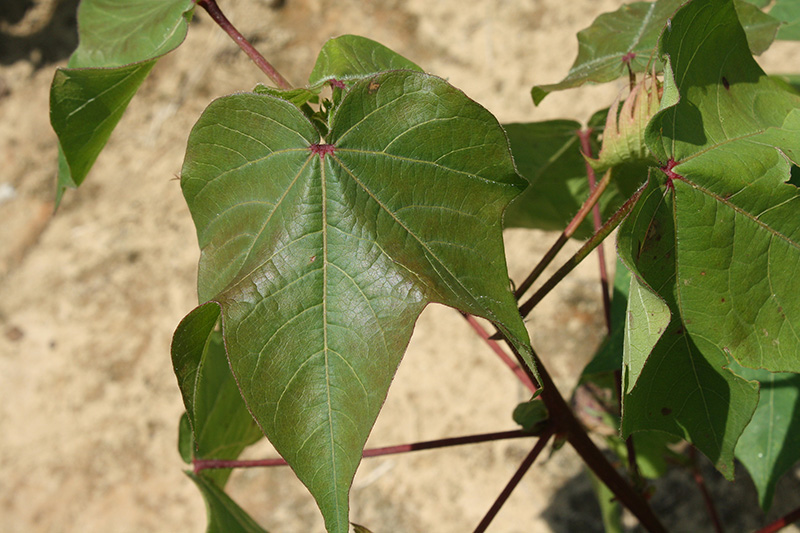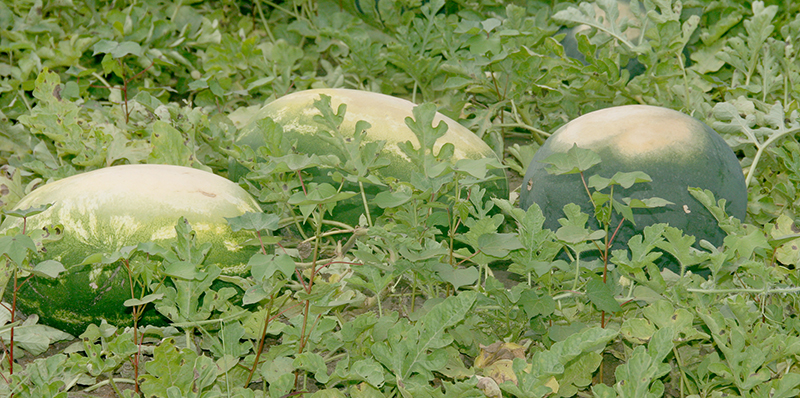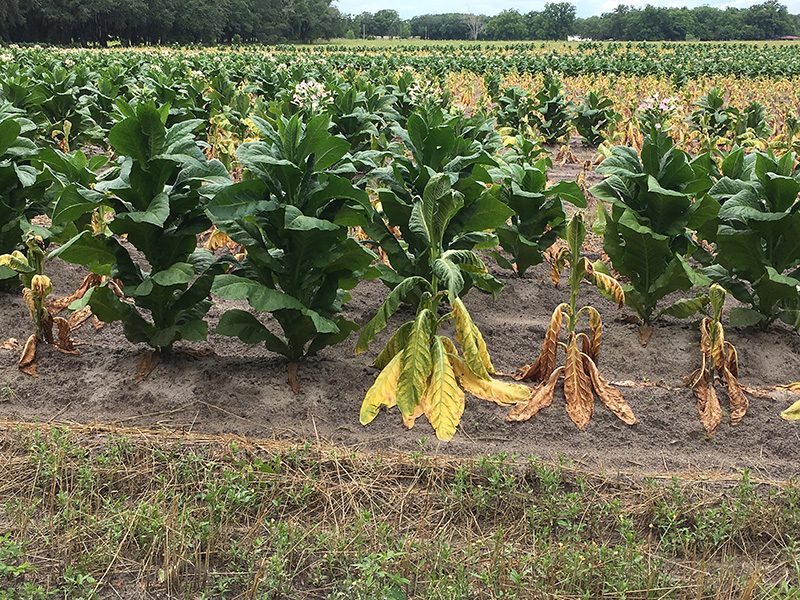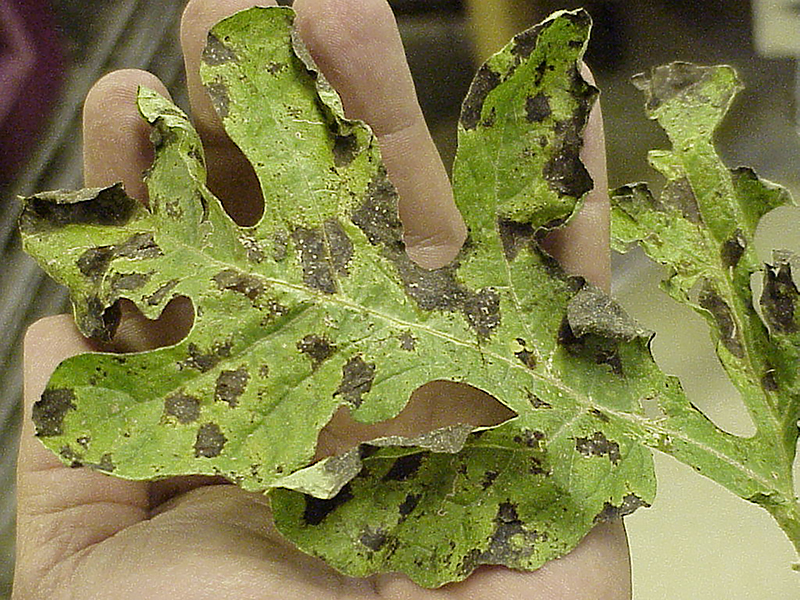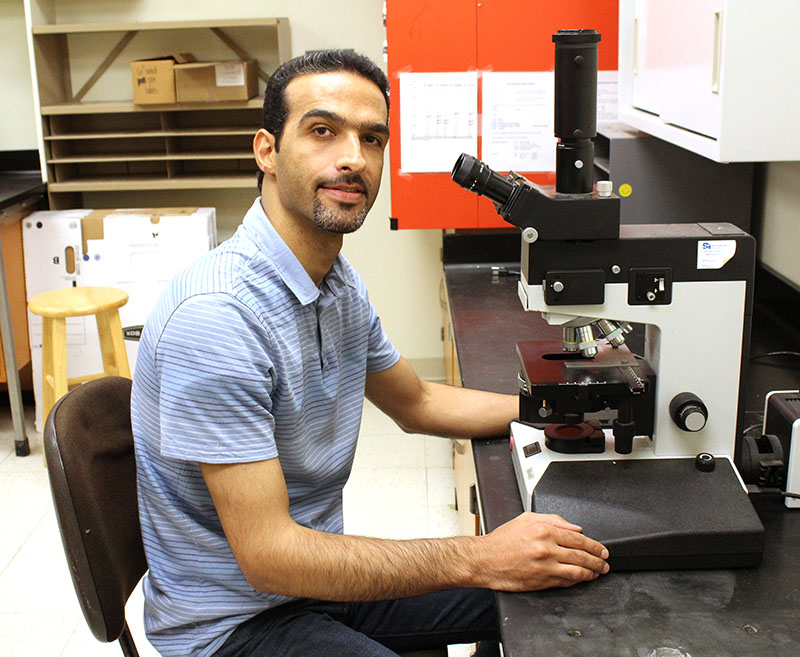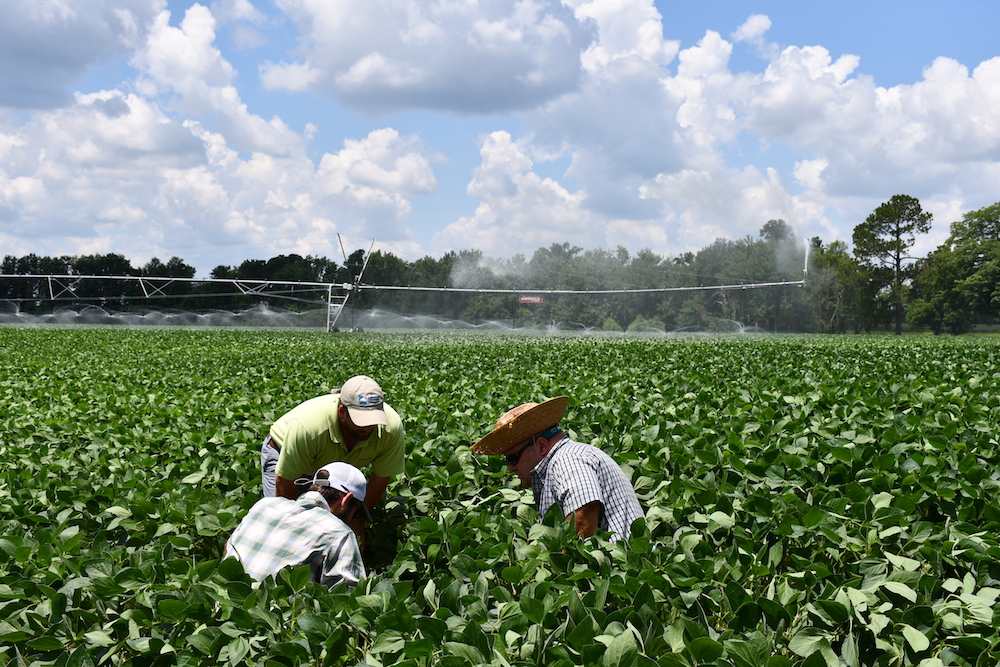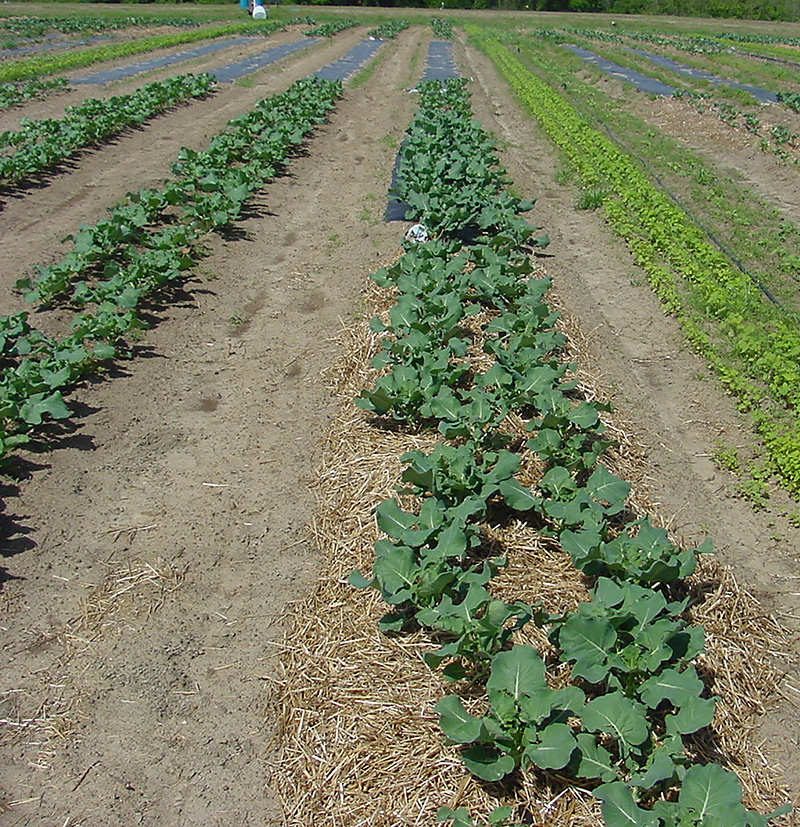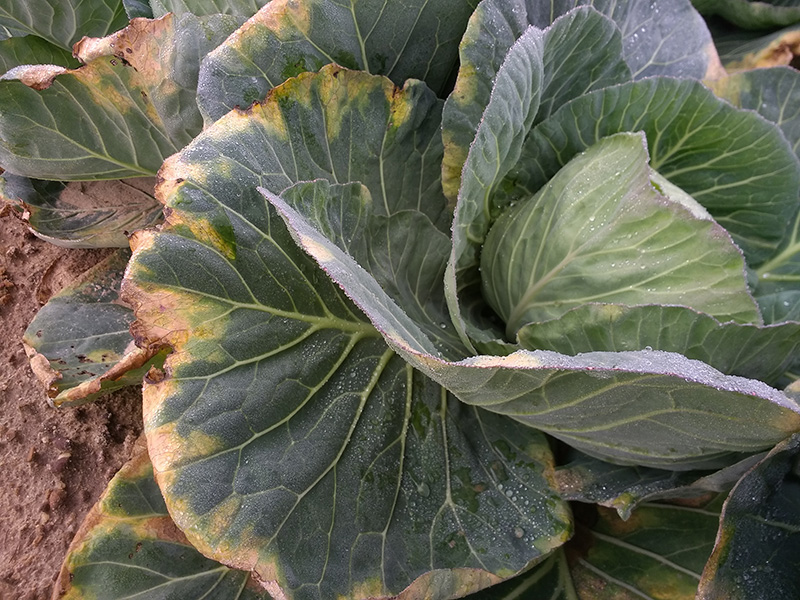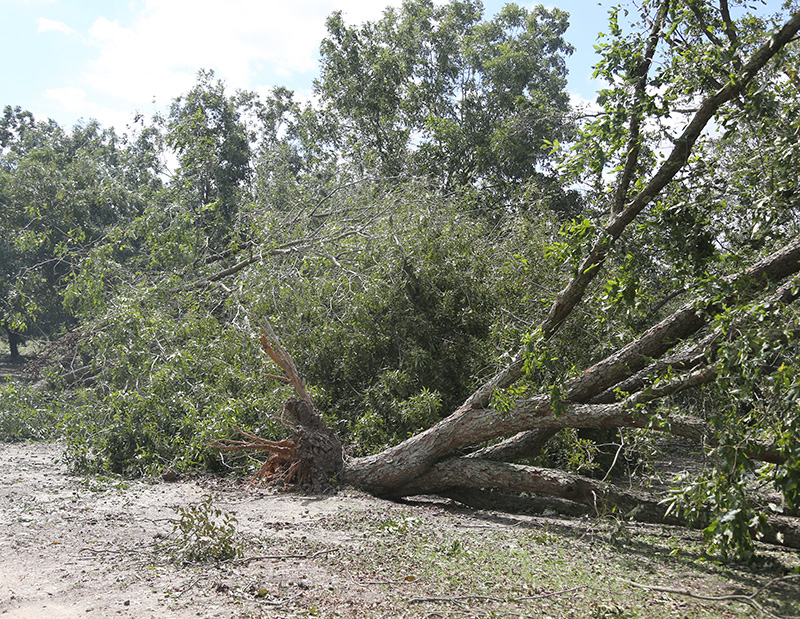 CAES News
CAES News
Pecan Dieback
Nearly a year after thousands of trees were destroyed by Hurricane Michael, Georgia pecan producers are reporting the dieback of pecan branches and leaf burning in trees that survived the October 2018 storm, according to Lenny Wells, University of Georgia Cooperative Extension pecan specialist.

